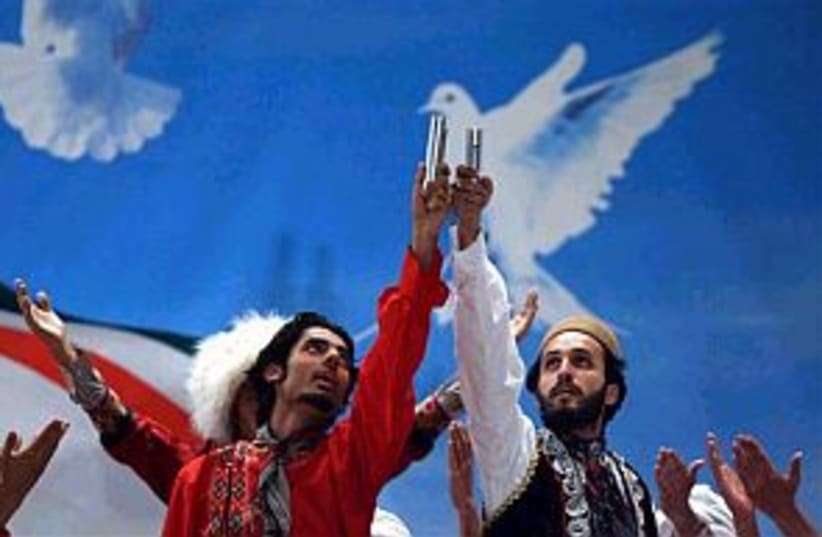| THE IRANIAN THREAT | |
| JPost.com special: news, opinion, blogs and more |
Iran may declare major enrichment feat
Iranian FM claims Iran managed to enrich uranium using 3000 centrifuges.


| THE IRANIAN THREAT | |
| JPost.com special: news, opinion, blogs and more |